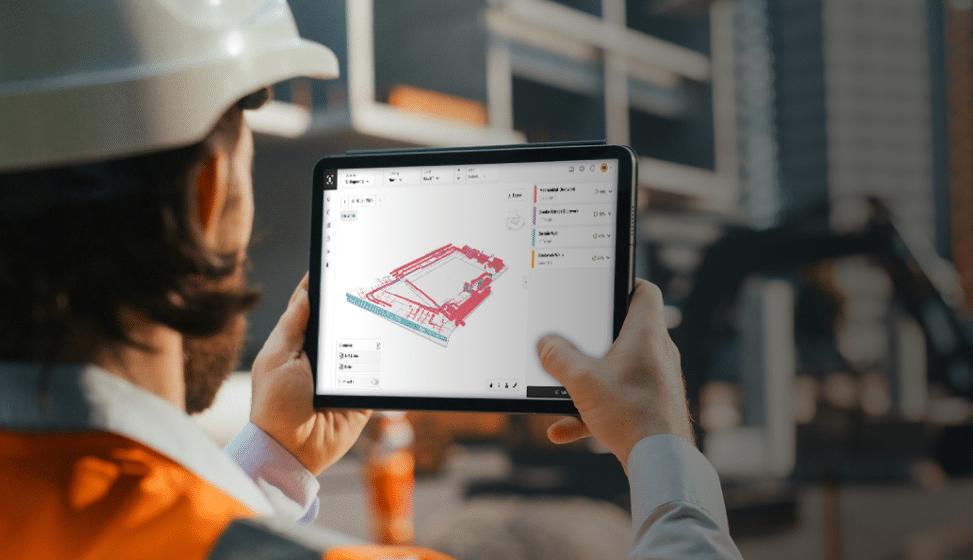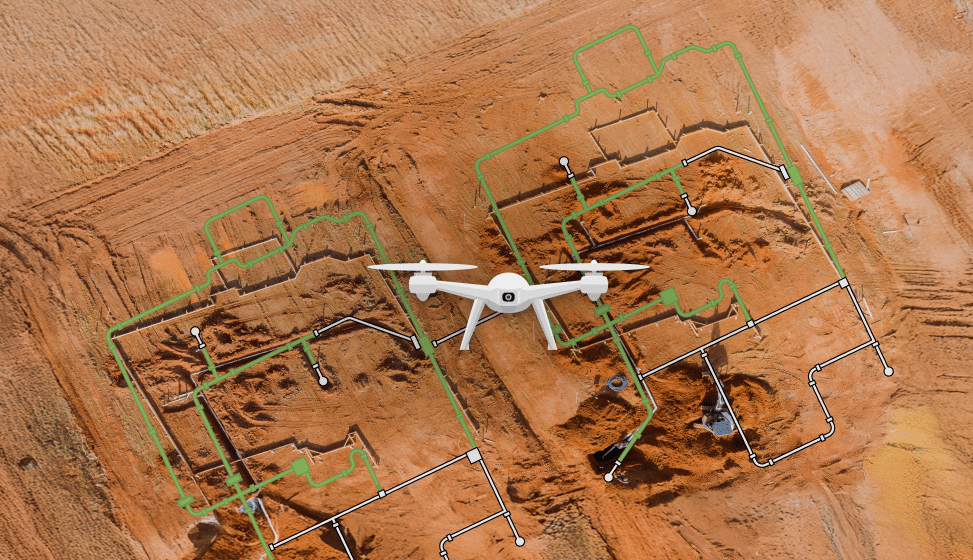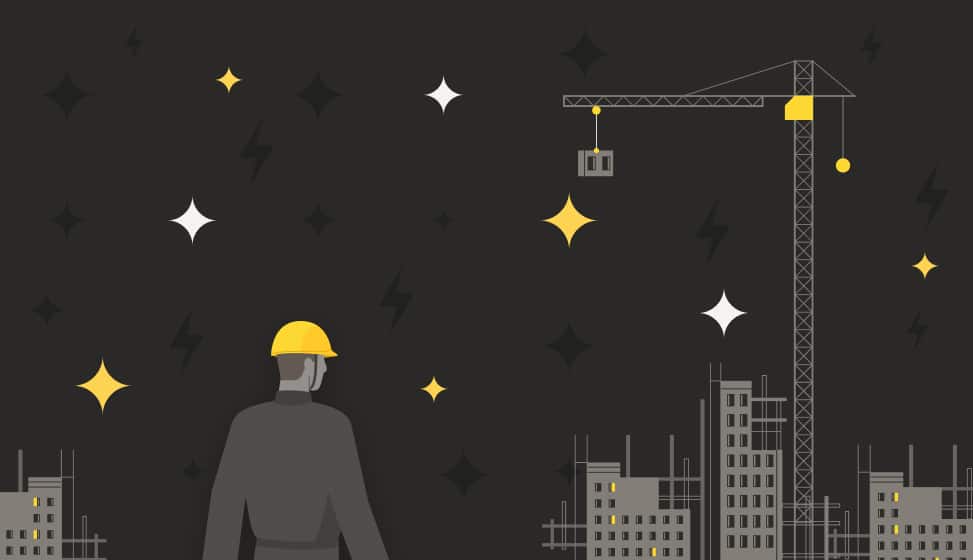Can AI progress management elevate Lean Construction’s ‘respect for people’?

The quotes in this blog are based on a webinar (Optimizing Lean with AI and performance-driven techniques) hosted by Buildots and the Lean Construction Institute (LCI) in June 2024. Thank you to these participants for their insights.
Construction is facing a huge talent gap. Experts estimate that the United States construction industry alone needs to attract an additional 500,000 workers annually to keep pace with demand – a pattern also reflected across the rest of the world. For instance, the UK Trade Skills Index estimates that 244,000 qualified apprentices will be required to fill the skills gap by 2032, while the European Construction Industry Federation says most EU Member States are now reporting construction labor shortages.
So, what’s behind this talent shortage? Though the precise causes vary by region, there are some common patterns. Namely, a generation of highly skilled workers is retiring en masse and isn’t being replaced fast enough. In an industry associated with physically demanding work, safety concerns, long hours, and high stress, it's no surprise that younger generations are less keen than they used to be to step into construction roles. If the industry wants to thrive, it needs to modernize – and that’s where Lean Construction and AI progress management can make a difference.
Lean Construction is a project management approach focusing on maximizing value, minimizing waste, and improving efficiency by optimizing workflows and promoting collaboration. At its heart lies the principle of “respect for people.” This tenet emphasizes creating a work environment that values the contributions, wellbeing and professional development of every individual. Unfortunately, the reality of construction today makes it difficult to live up to this ideal. To truly embody respect for people, the industry must embrace new technologies like AI progress management in tandem with Lean principles.
How can we put a stop to excessive working hours?
One of the factors undermining respect for people is the industry’s relentless work schedule. Long hours, overtime and weekend work are often the norm, leaving little time for workers to rest and recharge. This affects morale and mental health and leads to mistakes, rework and inefficiencies – creating a vicious cycle of overwork.
AI progress management offers a way to break this cycle. By automating data collection and analysis, AI tools provide real-time, actionable insights into project progress, allowing teams to catch issues early, make informed decisions and reduce the need for rework. This streamlined approach means projects are more likely to stay on schedule, reducing the pressure on teams to work overtime to meet deadlines.
Chris Vine, Project Superintendent at Hensel Phelps, shares a real-world example of how AI is already improving working conditions: “As a large general contractor, we’ve always thought about performance, but we’ve just done it manually. With technology, I don’t need to have engineers out in the field anymore counting things. Instead, I can capture footage of my job site with a 360 camera and tomorrow morning, I’ll have a full report on my desk. I haven’t wasted any resources, and all my people get to go home on time.”
Reducing conflict and boosting collaboration
A lack of transparency or miscommunication can cause conflicts on large-scale construction projects. Superintendents and project managers often find themselves caught between competing demands from various stakeholders, leading to frustration and disagreements.
AI progress management can help resolve these issues by providing a single, accurate source of truth for everyone on the project. By tracking progress down to the smallest details, AI removes the guesswork from project meetings and eliminates finger-pointing. With objective data at their fingertips, teams can focus on solving problems collaboratively rather than assigning blame. This fosters a more respectful, cooperative environment where all voices are heard and valued.
Andy Steele, Chief Strategy Officer at Buildots, puts it like this: “There’s no gray area with AI progress management, data is presented in an objective, factual way. So, when you’re sitting in the trailer having those morning huddles, the data you present on how much work has been done can’t be disputed. It’s as simple as that.”

A perception problem
Like it or not, construction has an optics issue. Many view the industry as old-fashioned, stuck in its ways and slow to embrace new tech. Adopting AI progress management is crucial to modernizing construction and reversing preconceptions that dissuade talent from joining the industry by reducing administrative burdens, streamlining workflows and enabling data-driven decision-making.
Kyle Nitchen, Senior Project Manager at Layton Construction, looks at it this way: “There’s a new generation coming in. Let’s offload some of the admin work to AI and technology, so we can focus less on project administration and more on strategy. That’s where I want the industry to go. The next generation is going to love that.”
The construction industry is at a turning point
To attract new talent and create sustainable, respectful work environments, construction must embrace new technologies like AI progress management alongside forward-thinking project management methodologies like Lean Construction. Andy Steele explains: “AI and machine vision provide accurate, unbiased data presented in actionable metrics. It’s the only way teams can make informed decisions and unlock continuous improvement. This is completely complementary to Lean Principles.”

Chris Vine agrees, adding: “If you’re using AI and this performance-based methodology now, I’m sure you’re excited, as you already see that you can do more with less. If you’re not, then great news: the tech you need is now much more accessible.”
Want to learn how AI progress management can enhance all six Lean Construction tenets? We’ve compiled our thoughts in this whitepaper: ‘How can AI help you drive Lean Construction performance?’. Download your copy today.



